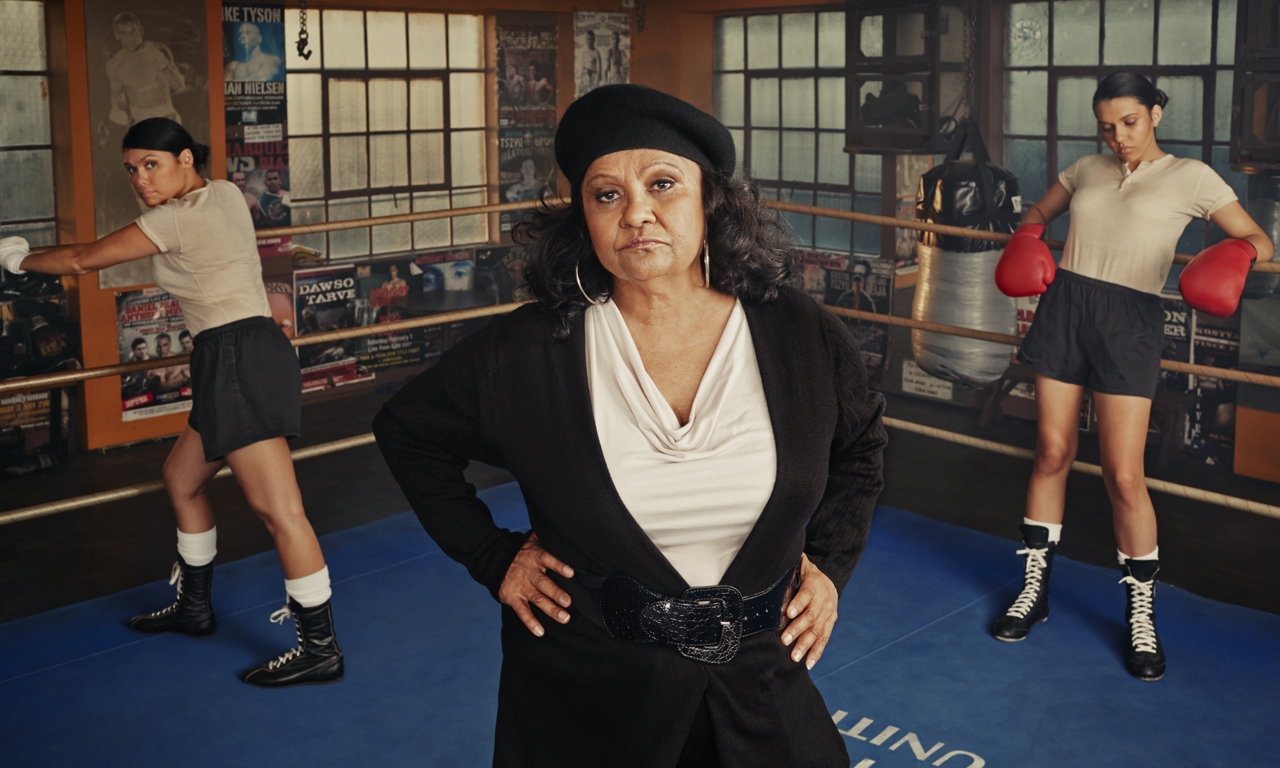“The band didn’t feel the need for it to be like a promotional film on how great Pulp is and how many albums they’ve sold,” says Habicht. “We didn’t want it to be about the Michael Jackson incident or how many records Pulp sold during Britpop.”
Yes, the most obvious, trailer-filling stuff has been left out. Heck, the term Britpop doesn’t even get mentioned. Filming coincided with the final show on Pulp’s 2011-12 reunion tour, held at Sheffield’s Motorpoint Arena. Even so, concert footage is kept to a minimum. Rather, the large portion of time is dedicated to interviews with the five band members, as well a number of intriguing Sheffield locals.
While both Habicht and Pulp were confident about this convention-thwarting concept, they did face external pressure to include some consumer-friendly selling points. “We definitely had to fight for a few things. Me and Peter [Donahue, co-writer/ editor] knew that we were going to have to fight for a few things so that we could make the film of the band as we wanted.
“Something that inspired me about Pulp is they’re a really honest band and very true to their visions. They don’t compromise. They’ve maybe made a few mistakes in the past, like at the height of their fame in the ‘90s, but they really stick to their guns as artists. I like to be like that as a filmmaker.”
For the first half of their career, Pulp were quiet achievers in the British rock scene. It actually took 15 years until they had a major breakthrough, with the 1994 LP His ‘n’ Hers. However, it was the following record, A Different Class –and its lead single Common People – that really affirmed their star status. The documentary commences with a performance of this song, but there’s really not much emphasis on the band’s major career achievements.
Is that because it’s a film targeted at fans, who are already acquainted with the biographical details? Well, not quite. Pulp: A Film About Life, Death & Supermarkets includes enough endearing filmic qualities to hold the attention of even the most amateurish music listener.
“It was like walking a tight rope,” Habicht explains. “We wanted to please the fans but we also wanted to make it engaging enough for non-fans. Leaving the concert in the film until the end – if the film was only for fans we would have probably added a couple more songs. That was probably the hardest part of the edit, getting that balance. It wasn’t until right at the end that we finally felt really comfortable with it.’”
So how is it that the burgeoning New Zealand filmmaker wound up directing a film about the iconic British rock group? Prior to this, Habicht is best known for writing, directing and starring in the 2011 quasi-documentary Love Story. It was this film (and some bold initiative) that put the longtime Pulp fan in contact with the band.
“I had just landed in New York,” he says, “because Love Story was going have its premiere as part of the Rooftop Film Summer Series. As I was going to the city in a cab I saw some posters advertising a Pulp concert at Radio City Music Hall, so I went to the concert. That week Love Story got an invitation to screen at the London Film Festival and I thought, ‘I should invite Pulp’. So I sent an email to invite Jarvis [Cocker, the band’s frontman] to come to see the film. And he saw the film and that’s how it evolved.
“I just had the feeling that they’re the kind of band that you could approach and that would turn up. Like, if I’d sent an email to Axl Rose, my guess would be that he wouldn’t even see the email.”
As mentioned, interview footage with all five band members – Cocker, Candida Doyle, Nick Banks, Mark Webber and Steve Mackey – appears throughout the film. Not only does each individual offer unique insight; all of them exhibit a humble and honest demeanor. In fact, a general warmth and lack of ostentation characterises the entire film.
“I had a really great experience making the film,” says Habicht. “I didn’t encounter any darkness or complications. The band are such lovely people. I spent a year and a half working with them, collaborating with them and we haven’t had one argument. The whole ride’s been pretty harmonious.”
The narrative is further propelled by conversations between Habicht and a motley selection of people he encountered on the streets Sheffield, as well as a selection of diehard (mainly female) Pulp fans. This serves to broaden the overall perspective of the film, while also illuminating the affect the band has on its fans. Habicht admits it couldn’t have been scripted.
“The film kind of wrote itself. Pete O’Donahue flew in from Sydney and we were cutting while we were shooting. So the film would kind of make itself and organically evolve.”
BY AUGUSTUS WELBY







